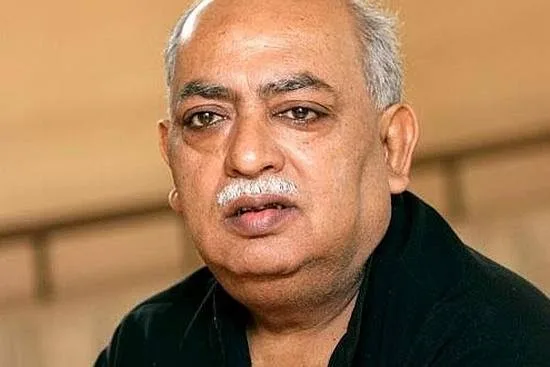Remembering Munawwar Rana: A legacy etched in Urdu literature

Remembering Munawwar Rana: A legacy etched in Urdu literature
Renowned Urdu poet Munawwar Rana, born on November 26, 1952, left an indelible mark on Indian literature with his eloquent verses.
His notable work, “Shahdaba,” earned him the Sahitya Akademi Award in 2014, though he returned it for political reasons.
Rana, known for using Hindi or Hindustani words in his poetry, passed away at the age of 71 at the Sanjay Gandhi PostGraduate Institute of Medical Sciences.
His famous poem ‘Maa’ holds a distinctive place in Urdu literature, showcasing his unique style and emotional depth. Despite his physical departure, Rana’s words remain etched in the hearts of those who found solace and inspiration in the eloquence of his ghazals, particularly ‘Mohajirnama’ where he wrote, ‘Mohajir hain magar hum ek duniya chhor aye hain.’
“In the realm of literature, his legacy persists, as a testament to the enduring power of poetry to transcend time and connect the human spirit across generations,” remarked Urdu critic Parvez Mallikzada.
Munawwar Rana’s passing leaves behind a family, including his wife, four daughters, and a son. He was hospitalized for 14 to 15 days due to illness, initially at Medanta in Lucknow and later at SGPGI, where he breathed his last around 11 pm on Sunday, January 14.
Reflecting on his life and works, we acknowledge that while the poet may have left the physical realm, his poetic legacy remains an integral part of Urdu literature. Munawwar Rana’s words, rich with emotion and social consciousness, continue to resonate, ensuring his enduring presence in the literary landscape.












